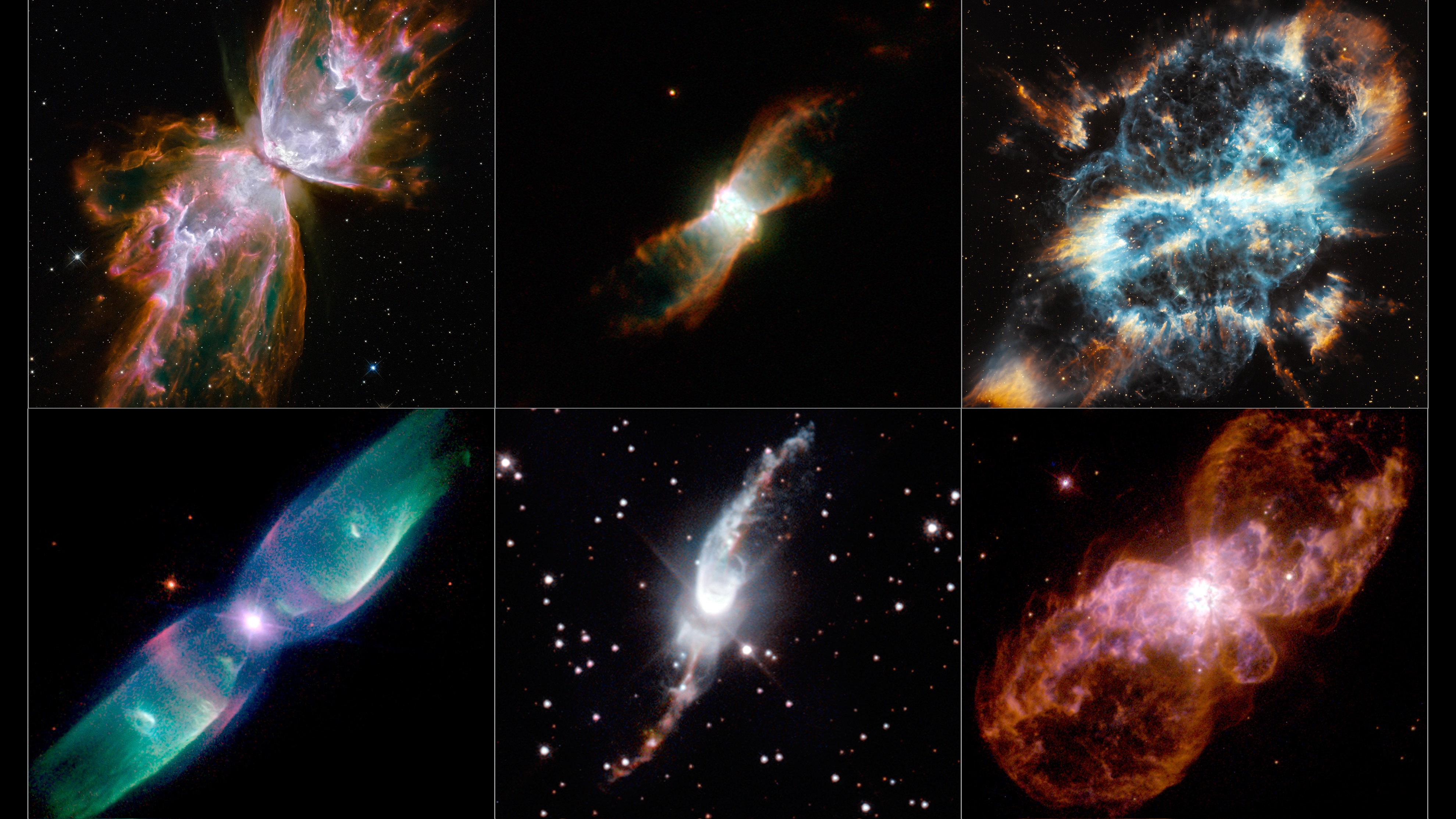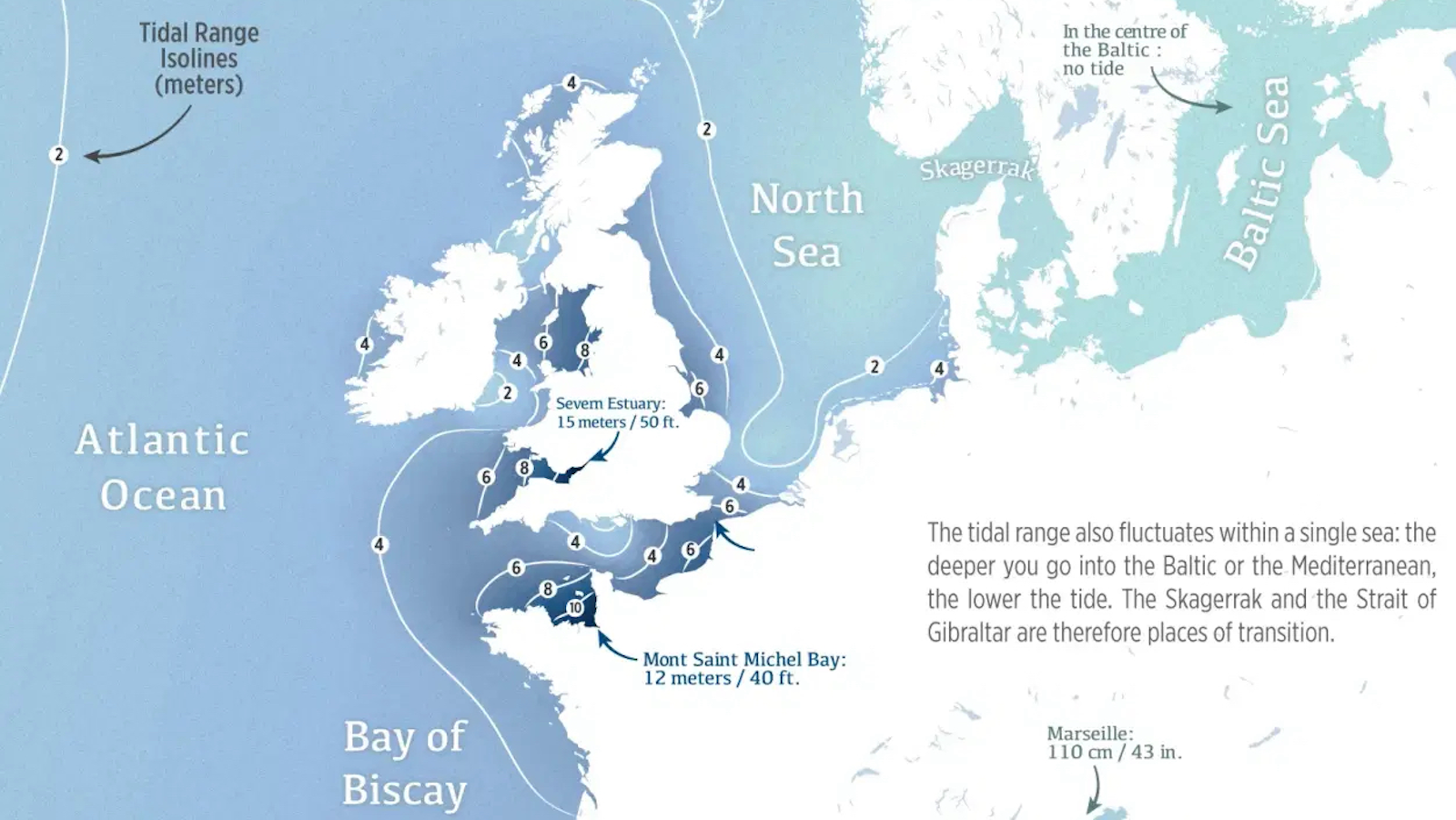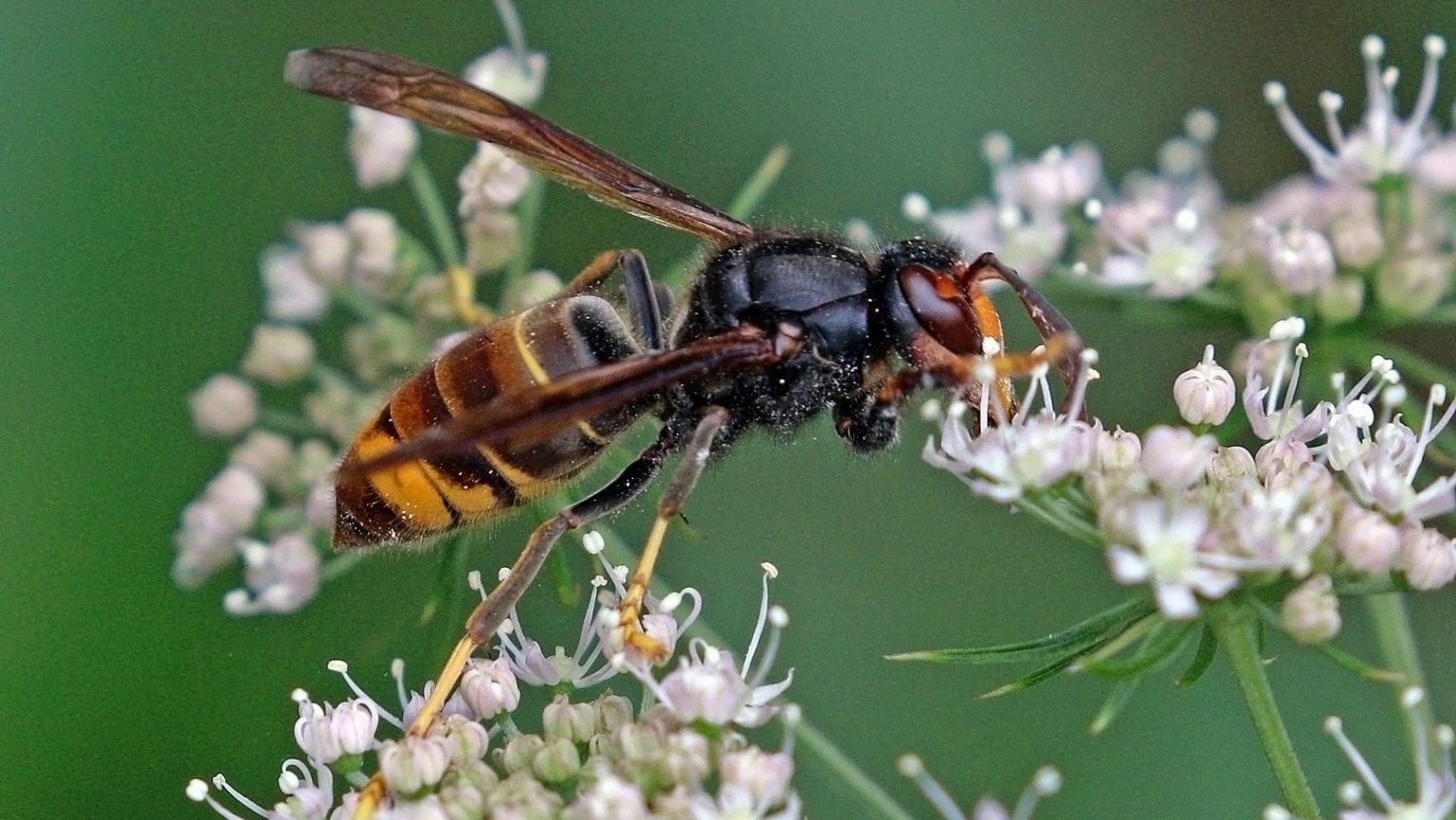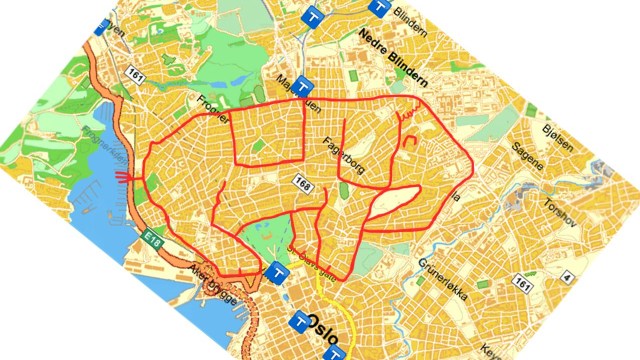424 – Accidental Geography, the Long-Overdue Sequel
1. Asphalt Maine
n
n
Looking down upon the patched-up surface of an unnamed street, J. David Lovejoy couldn’t help noticing a remarkable example of accidental geography. The patch bears a striking resemblance to Maine, imitating its slanted, almost-straight northwestern border with Quebec, the flat-top border in the north, and straight down again along the border with New Brunswick. The Atlantic coast is less than perfect and the manhole prevents a southward jut towards Kittery on the state line with New Hampshire, but these are minor quibbles. The overall impression is clearly that of Maine. Just under a year ago, this blog displayed a few instances of what has been called cartocacoethes (i.e. the uncontrollable urge to see maps in everyday, non-cartography-related objects; see #350). As promised at the time, other examples submitted would be collected in a follow-up post, a long-dormant project now awakened by Mr Lovejoy’s Asphalt Maine.
n
2. Squagellan
n
n
“Some squirrel nibbled the continent of South America on one of my pumpkins,” reported Seth Masket. “It’s freaking me out.” Seth named this inadvertent piece of pumpkin cartography Squagellan, a portmanteau of the culprit, and the explorer Magellan (who sailed around the continent along the Straits that bear his name). Curiously, there are no squirrels in South America.
n
3. Mosstralia
n
n
Brian Olewnick suggested the work of artist Nina Katchadourian, who in the early 1990s made a series of accidental maps based on moss formations. More information here on the artist’s website.
n
“There is a type of lichen which is very common in the Finnish archipelago and my family’s summer house sits on a large granite hill covered with it. I have always seen certain shapes as islands or continents, and decided to affix rub-on letters directly to the lichens to identify them as the places I recognized. When I had finished, the whole hill had become a kind of scrambled atlas.”
n
4. Rustralia
n
n
Alan Dow took this photo of a bit of rust on a steel smoking shelter at work. “I was just testing the macro function on my new camera and didn’t notice the remarkable similarity to Australia at the time! Yes? No?”
n
Link here.
n
5. Drown Under
n
n
“I always thought this one looked roughly like Australia”, writes kwigibo. “What with tides and erosion being what they are in this particular body of water I’m sure it looked a lot more like Australia at one point.”
n
6. Urinalia
n
n
For some strange reason, the shape of Australia is a popular subject of cartocacoethes. This one was taken by Christian Rothholz in the men’s room of a cinema in Hamburg, Germany. The peculiar shape of this piece of chewing gum had been noticed by other patrons, who had added the words Australia and Down Under to it for good measure.
n
7. Gingerbread DC
n
n
Sent in by Nikolas Schiller, the cartographic artist, blogger and tireless advocate for Washington DC’s repesentation in Congress. The gingerbread, with straight lines on three sides, does mirror the instantly recognisable shape of DC. The District of Columbia was selected as the nation’s capital in 1790 on a site along the banks of the Potomac River. Originally a perfect square with 10 miles to each side, with territory taken from both Maryland (on the Potomac’s northern bank) and Virginia (on the southern bank), DC achieved its present irregular shape with the return of all territory south of the Potomac to Virginia in 1846.
n
8. Estonia Door Mat
n
n
A picture of this door mat was was sent in by Teele Tani, from Riga in Latvia. The worn-out patch on the door mat resembles Latvia’s northern neighbour, Estonia. Recognising your neighbouring country in a door mat might seem disrespectful, but the resemblance, it has to be admitted, is uncanny, with even the Baltic islands of Hiiumaa and Saaremaa recognisable in their respective positions north and south off Estonia’s western coastline.
n
9. Montana Wall Map
n
n
“My church rents space in a much older church building in the Columbia Heights neighborhood of Washington, DC,” writes Evan Sparks. “A few weeks ago, the church that owns the building began a renovation project in the nave that includes replastering parts of the wall. To my delight, one of the sections currently in progress looks uncannily like the state of Montana.”
n
10. Eggmerica
n
n
This sunny side up map of Eggmerica was sent in by Cory Zacker: “When I emailed this to my aunt, her reply was, Wow! Lots of sun in the Midwest!” It takes some squinting to recognise the shape of the (contiguous) US, but some of the country’s most easily recognised shapes are all there, albeit in somewhat distorted form – the slight convexity of the west coast, the concavity of the east coast, the Maine, Florida and southern Texas protrusions and the bend of the Gulf Coast connecting the latter two.
n
11. United Steak
n
n
Similarly, this steak conveys, however imperfectly, some of the US’s outer shapes.”I call it The United Steak of America”, says Jeff Malec, who sent it in.
n
12. A More Perfect Union
n
n
Another steak, another US map (this one sent in by Radich Kulker). The steak looks real, but the borders are too perfect – was an initial likeness moulded into a more perfect one? By hand or photoshop?
n
13. United Cracks
n
n
This picture – again of something resembling the US – was taken by Liam Mulshine on a trip along Italy’s Amalfi Coast. “We hiked by (and through) many buildings that were completely abandoned on the steep hills not far from the Mediterranean. Looking by the front door of one of the buildings, I suddenly saw a little grey map of the United States, ran up to get a closer look, and was astounded to discover it was (as far as I could tell) just a large crack in the building, where some material had fallen off. It just happens to look amazingly like the US! Overlooking some imperfections (like the peninsula jutting out of North Carolina), the similarities are really intriguing- there’s Texas, Florida, the Puget Sound in Washington State, the straight-line border with Canda in the Northwest, Maine, and even EACH of the Great Lakes!”
n
14. Napkin US
n
n
And to conclude the series of US-impersonating objects, here’s a napkin posing as the Lower 48, sent in by Eric D. Meyerson, found here.
n
15. The Land of the Long White Cloud
n
n
Michelle Holshue sent in this picture, which she took in Costa Rica some years ago. The cloud formation over the ocean reminded her of New Zealand – and with some justification: the angle of the cloud constellation conforms to that of the New Zealand archipelago’s two main islands on most maps. The top of the cloud is shaped like NZ’s North Island, its bottom like South Island. A break in the cloud formation suggests the Cook Strait, separating both islands. The similarity between the cloud and the country is even more striking when one considers that the indigenous Maori name for New Zealand is Aotearoa, a name commonly translated as… the land of the long white cloud.
n
16. Afrika Stan
n
n
Africa is a piece of stucco missing from a wall in Stockholm’s gamla stan (old town), sent in by Michele Aquila. The likeness is rather tenuous, but gets the general bow-shapedness (i.e. the position of the Gulf of Guinea) of the continent right. There’s even a little protrusion where the Horn of Africa should be.
n
17. Café Latino
n
n
Emmanuel Parfond also suffers from the occasional bout of cartocacoethes*. Like when he took this picture, of South America showing up in his cup of coffee. Again, a rather rudimentary shape, and not altogether dissimilar to the African one discussed above. But something – the slenderness of the figure, the angle of the coastlines, or maybe the fact that this was a nice cup of Colombian coffee – suggests South America rather than Africa.
n
18. Surreal Cereal: Illinois As a Corn Flake
n
n
Thanks to Peter Gordon Kurilecz for pointing out this bizarre and lucrative example of cartocacoethes. Two Virginia sisters sold this Illinois-shaped corn flake on eBay for $1,350 to someone who intended to add it to a travelling trivia museum. The story made the headlines in March 2008, linked to here.
n
19. Air New Jersey
n
n
Jim sent in this picture of a cloud-lookalike of New Jersey, with the state’s two interlocking shapes of North Jersey and South Jersey easily recognisable. However, the state is tilted too much towards the left.
n
20. Argentine Floor Map
n
n
“On the floor of my grandmother’s house I see the shape of a province of my country called Entre Ríos, which is the province where I live,” writes Carlos Zelayeta from Argentina. “Entre Ríos has two coasts: the Paraná coast in the west, and the Uruguay coast in the east. The Paraná coast is quite similar to this map. At the south of Uruguay is missing a curve in the Gualeguaychú latitude. There is a little line that gets to Uruguay coast and it could be the stream ‘El Palmar’. The part over Entre Ríos is similar to the province of Corrientes, with the two rivers coming from the north.” For those not familiar with the shape of the aforementioned province, compare here.
n
21. Double Whammy on a Granadilla
n
n
n
Let’s finish this series on a double whammy, sent in by Ricardo Rodríguez Quintero from Colombia after reading the previous cartacacoethical entry on this blog: “I was about to eat a granadilla and just before smashing it, I couldn’t help seeing USA’s map on its skin and when I turned it around I could find a (less accurate and/or obvious) map of Thailand. Maybe my ‘cartocacoethical’ sense sharpened after reading your post.”
n
Now you’ve read this entry, this might happen to you too. If you see any exceptional examples of cartocacoethes/cartococcygia, please do send them in!
n
—————
n
*: Cacoethes is a Greek word used to express uncontrollable urge or desire, especially for something harmful. Strange Maps might be prejudiced, but we think seeing maps everywhere is harmless, if not downright beneficial. A somewhat friendlier term for the condition suggested by one of the commenters in the original post is cartococcygia. Literally: maps built by cuckoos – analogous to nephelococcygia (a term for seeing shapes in clouds, from The Birds by Aristophanes , literally: clouds built by cuckoos)
n



























